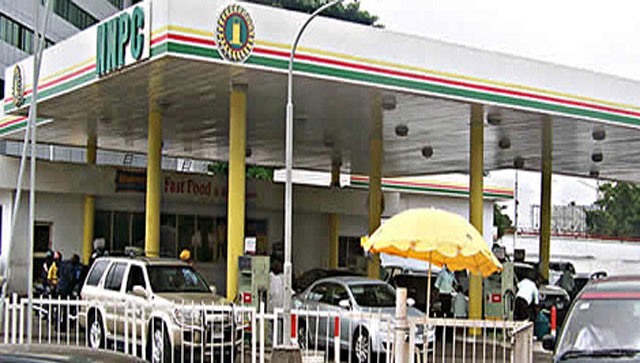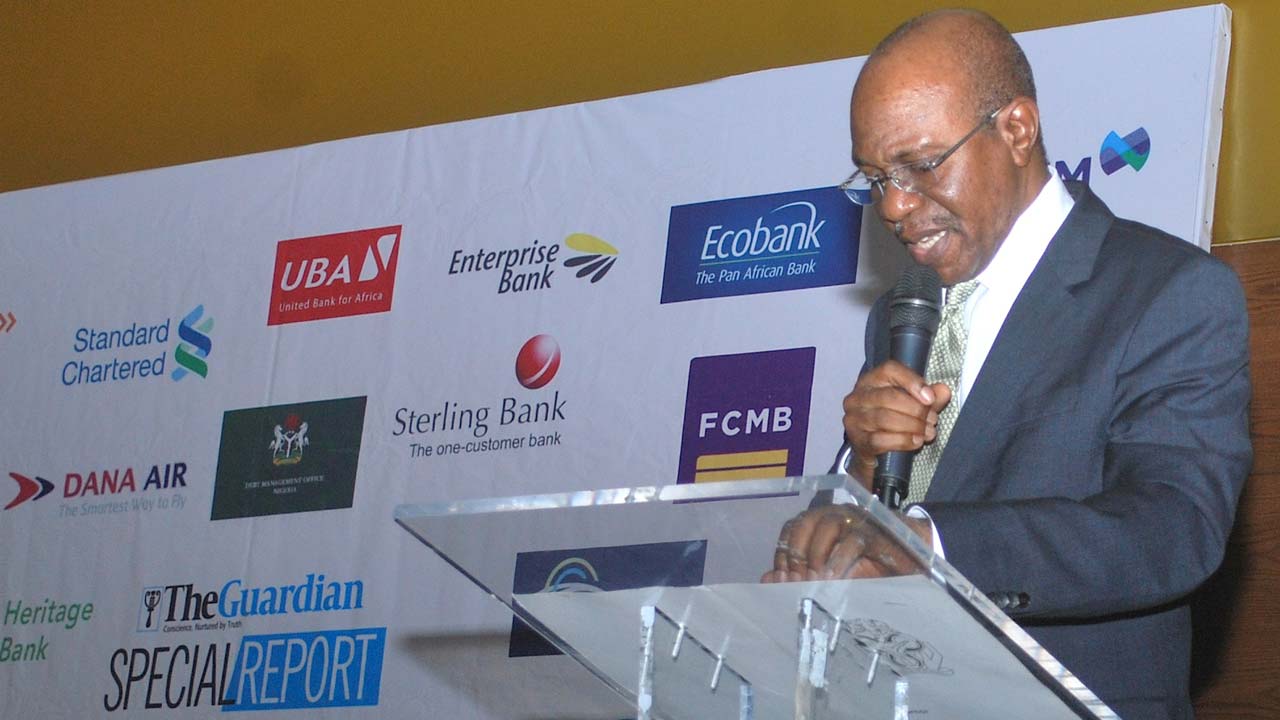Leading industry pundits have started reading strong meanings to the recent announcement by the Nigerian National Petroleum Corporation (NNPC) that it has extended its crude-for-product swap contracts until June 2019.
Over a long time now, the swap deal had been Nigeria’s main avenue to meet the bulk of its fuel needs according to sources familiar with the matter as saying.
The swap contracts allow companies, including international trading houses and indigenous firms, to lift crude oil in return for the delivery and supply of petroleum products under the direct sale of crude oil and direct purchase of petroleum products model.
However, industry analysts and believers in the chances of reviving the moribund national refineries are of the view that extending the swap deal which is defeatist in nature for a government that used revival of ailing refineries as campaign promises means that nothing is really being done to make the refineries come back to life after all.
Since the life of the current administration, the government through either the Minister of State for Petroleum, Dr Ibe Kachukwu or the leadership of NNPC had been giving conflicting promises on the government’s plans to revive the refineries but close to the end of the administration, there is nothing to show for any seriousness.
The latest move by NNPC to conduct a Turnaround Maintenance (TAM) was however shut down by the National Assembly over what the lawmakers saw as complications and lack of explanations on why the previous TAM failed to revive the refineries.
It would be recalled that apart from having a refining capacity of about 445,000 barrels per day, the nation’s refineries have been underperforming for years, making the country almost wholly dependent on imports to meet its domestic petrol and diesel needs.
Currently, there has been no clear statement on the real daily capacities of all the moribund refineries even as the nation’s petrol consumption is roughly 40 million litres per day in the nation of almost 200 million people.
Investigations show that Nigeria became increasingly reliant on the NNPC for fuel imports via swaps after a currency devaluation and recession in the last few years, which priced independent importers out of the spot market.
Whereas about 30 per cent or so of fuel imports is done through the spot market, over 70 per cent fuel availability is powered by NNPC’s swap contracts.
Known as Direct Sale Direct Purchase (DSDP), the swap contracts came into effect in July last year and were due to end after one year, but the recent onward review by NNPC means that crude shall continue to exchange for fuel till end of June 2019.
There are still no plans on ground to revive the refineries and make them functional by June 2019, meaning that the swap may still be extended.
However, there is a fresh business case being proposed by NNPC which may end up seeing some of the swap contract holders to invest in rehabilitating the refineries. Two consortiums were picked earlier this year but issues bordering on financing of the projects have been hobbling the close of discursions.
Top in the list of the 10 DSDP groupings comprise Trafigura and AA Rano; Petrocam and Rainoil/Falcon; Crest Mocoh and Heyden; Cepsa and Oando; Sahara and SIR; Mercuria and Matrix/Rahmaniya; Socar and Hyde; Litasco and MRS; Vitol and Varo, and Total and Total.









